In the German Government and Federal States Programme (Bund-Länder-Programm, BLP) the German government and the German federal states cooperate in international development cooperation (DC). Between 2015 and 2024, the programme has successfully implemented 74 projects in 24 partner countries.
Focus Areas
The German Government and Federal States Programme implements projects in a variety of topical areas and sectors. It is oriented around current strategies of the German Federal Ministry of Economic Cooperation and Development (BMZ) and around the priorities of the German federal states. Hence, different projects are implemented for example in the areas of sustainable economic development, especially through vocational training, environment, climate and energy as well as in the governance sector. Feminist development cooperation is a key aspect of the individual projects. In its third phase, 75% of all projects in the BLP are gender-sensitive or gender-responsive. Additionally, digitalisation is considered a cross cutting issue, for example by using this project owned platform for the implementation of virtual project components.
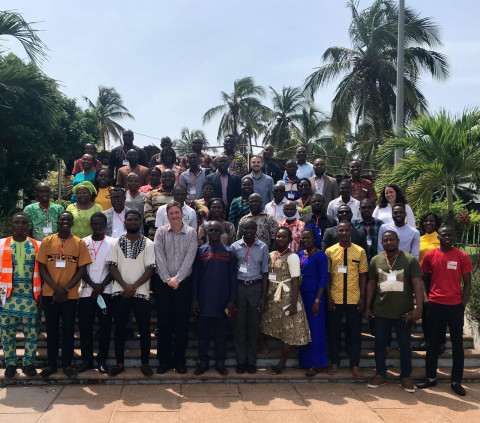
Objectives
The BLP promotes and coordinates stronger strategic-thematic cooperation between the German government and the federal states in international development cooperation and implements joint projects with the BMZ and the German federal states as well as their expert institutions. Thereby, the programme connects the development cooperation of the German federal states with existing programmes of technical cooperation in different partner countries. The goal is that the partner countries profit from this specific cooperation between the federal and the state level.
The target group of this cooperation is the population in certain partner countries who profit either directly or indirectly from the implemented projects. Oftentimes, these are local target groups, especially groups that are politically, economically, socially or culturally marginalised such as women, girls, youth or minorities, in geographically fixed partner regions or provinces of the partner countries.
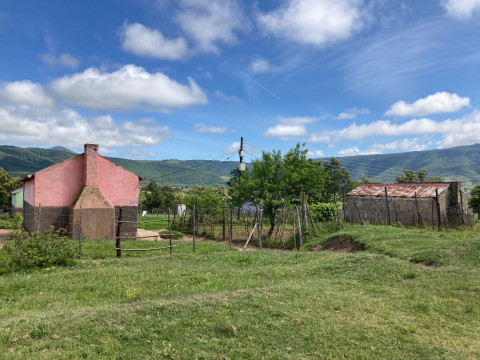
Implementation
In the implementation of the BLP projects a variety of actors from the German federal states are involved. Thereby, they add to the development cooperation on the federal level. This brings into play the specific competences of the federal states such as mining in Saxony or minority inclusion in Schleswig-Holstein.
Experts from Germany and the partner countries exchange in true partnerships and thereby achieve the biggest possible outcomes. During the implementation, the cooperation the local ministries, companies, specialised institutions and non governmental organisations in the partner countries is central. This ensures that the transfer of knowledge is not a one-way street but a win-win situation where all actors can profit, especially the target group in the partner country.
One example for a successful project is shown by the following video from a mini grid project in South Africa that was partially implemented by the BLP in cooperation with Lower Saxony:
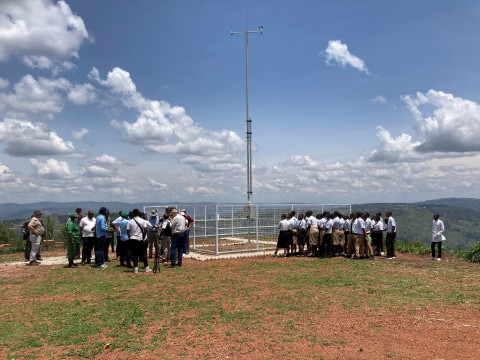
Networking, Training and Innovation
The BLP promotes networking and the exchange of knowledge between the actors from the federal states. Accordingly, the BLP offers regular trainings to specific topics in development cooperation as well as netowrking events to strengthen the competencies of the federal states. There, a special focus lies on agile methods which are used to find innovative solutions to current challenges in decentralised development cooperation together with the federal states. In the past project phase, the innovation project Decentralised Development Lab was implemented and it will be used now to build further experiences.
Additionally, the Serious Game "Gender - Next Level" was developed to learn more about the relevance of feminist development cooperation. The game can be played in both German and English here: Gender Next Level
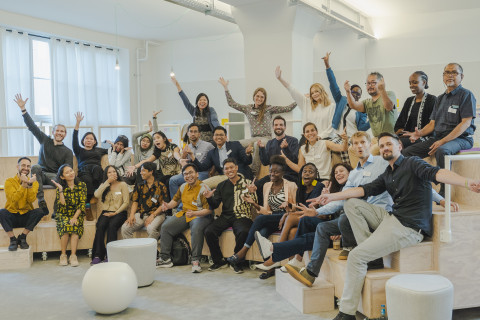
Partners and Financing
On behalf of and financed by the Federal Ministry for Economic Cooperation and Development (BMZ), the BLP is implemented by the Regional Office Germany-North of the Deutsche Gesellschaft für Internationale Zusammenarbeit (GIZ) GmbH in Hamburg. The federal states co-finance the individual measures of the programme and provide e.g. staff, rooms, scholarships or training places.
From state administrations over scientific institutions up to civil society organisations and companies: For the success of the programme, the experiences and competencies of a unique decentralised landscape of actors synchronise with each other.
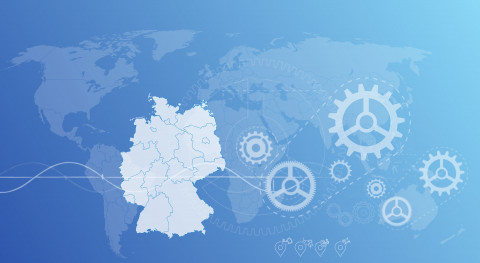
Due to current adjustments, it may be necessary to clear the cache on your device in order to display the current version of the project map, or alternatively please call up the page in an incognito window. We ask for your understanding.